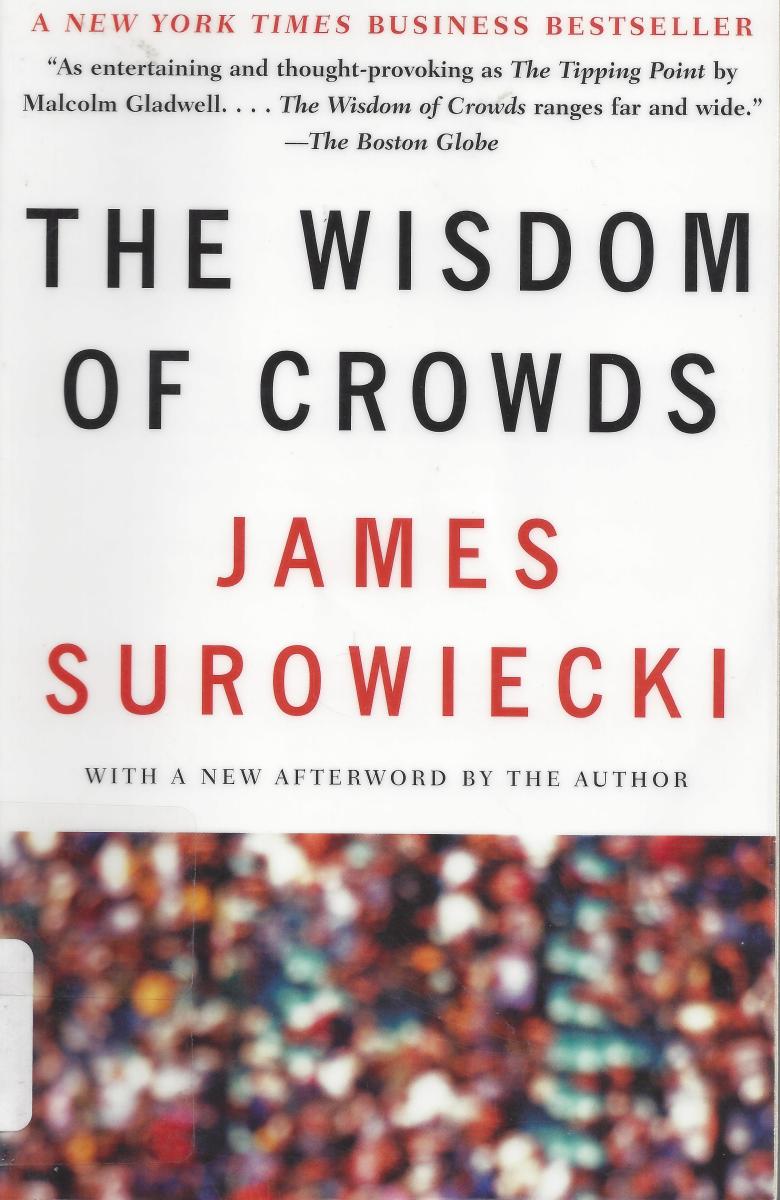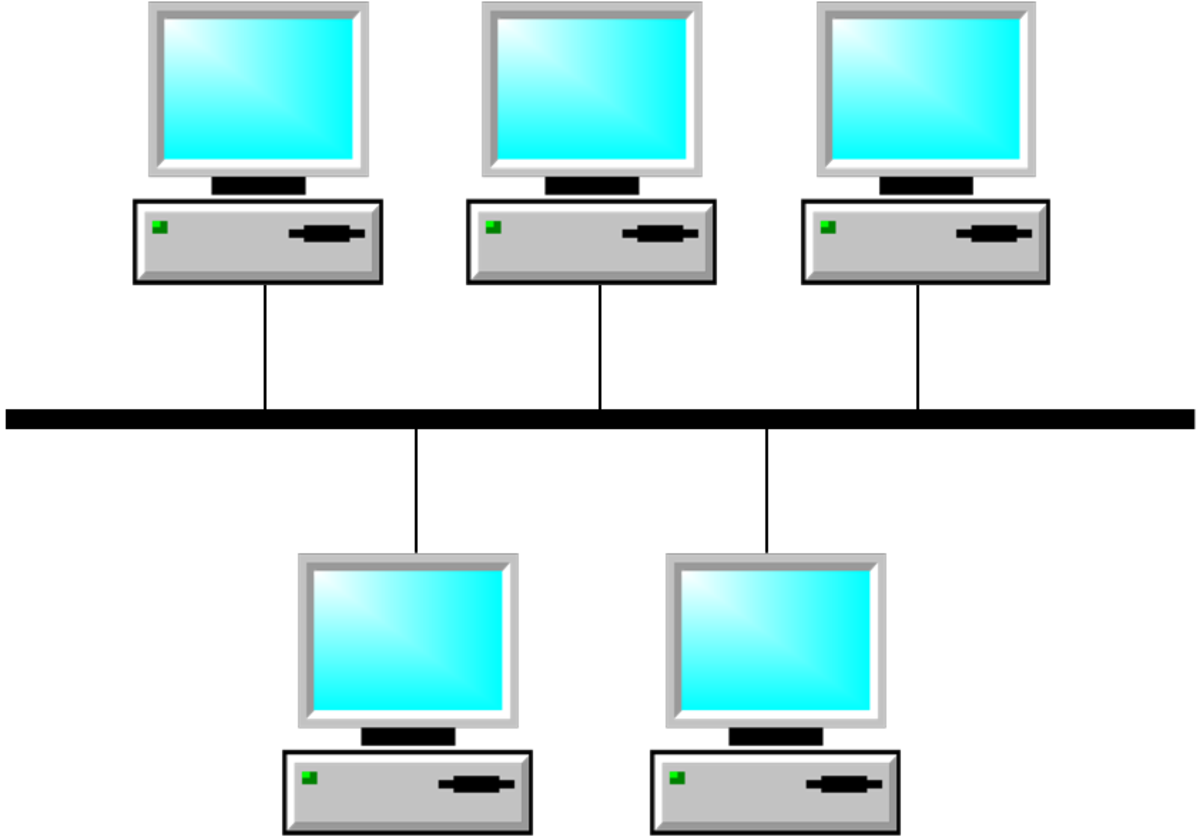The Intersection of Crowdsourcing and IP with IT
Introduction
Where has IP law failed to keep up with IT? And what questions need to be answered as crowdsourcing becomes a more popular method of software development, idea vetting, problem solving and other projects?

Privacy, Anonymity, IP
Many crowd-sourcing platforms assign anonymous IDs (like Amazon Mturk) or let people choose their ID. Crowd-workers come and go and can create new accounts if banned.
You should never crowd-source any work that needs to be confidential, because thousands of minimally or unvetted people will look at it. Your content, tasks and actions as a task requester should be considered public and treated as such.
I witnessed multiple occasions where someone asked for positive reviews or Facebook likes off of Amazon Mturk, only to witness workers who knew the person or the site or simply acted out of conscience to post the task online and call out the person for creating fake positive publicity. Assume your actions are public, and only ask for work to be done if it can safely end up in the public sphere. Your identity as a requestor will likely be certain, but you don't know who could turn you in.

Loss of IP through Crowd-sourcing
I have seen web sites that clearly state that content created on the crowd-sourced site like short articles belong to the task requester. They've paid for it, they own it. The crowd-sourcing sites or their requester need to rely on plagiarism checker tools to prevent workers from copying and pasting from websites into the text box to get paid for the content. They have fewer tools at their disposal for detecting spun content.
And I have personally seen crowd-sourced tasks asking for one website's article to be spun, for a dollar or two. Crowd-sourcing enables content scraping and spinning on a large scale at an affordable cost. Don't throw out your ideas for crowd review unless you are willing to take the risk that they will then post that idea on another site to be paid for the suggestion.

Who Owns a Group's Idea?
I've participated in several online idea generating seminars. What could we do to use less electricity given a set of circumstances? How could water usage be reduced for a family in this demographic? Given government priorities, what would you be willing to do - pay more in congestion based pricing or take the bus?
Given these symptoms, what disorder could the child have? Engaging the wisdom of a crowd leads to the tantalizing possibility of better solutions vetted by others. However, it raises the question as to who owns the final content.
In the case of crowd-sourced stories and novels, the group soliciting feedback clearly states that you receive no payment for participation or relinquish rights in return for modest payment. What happens when crowd-sourcing reaches technical designs and medical innovations? These projects have greater potential for financial gain.
Who owns the group idea? And how do you properly compensate those who led to it? Another concern is the fact that crowd-sourcing allows you to tap into a large pool of expertise, theoretically allowing accidental sharing of intellectual property such as best business practices or lessons learned that a company doesn’t want shared. Assume a company tried something and it failed. They still own the ideas, designs and possibly patentable spin-off technologies. A current or former employee engaging in crowd-sourced design could dramatically benefit a third party in exchange for modest compensation, at the expense of the original IP owner’s possible profit.
The intellectual property's owner may be clear if the crowdsourcing task clearly states that the ideas generated belong to the requester, rights transferred in return for the token payment. The ownership is less clear if ideas drawn for work experience are shared in a group problem solving forum like those held by some non-profit problem-solving sessions on Amazon Mturk or another venue, especially if ideas are solicited but contributors unpaid.



